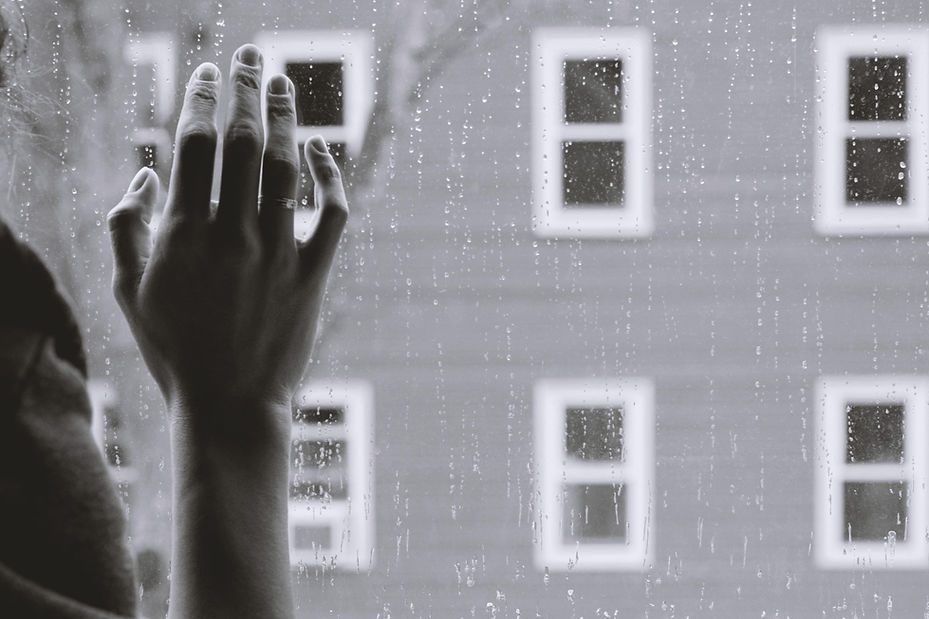
An Assessment Framework for Health Social Workers
Underdiagnosed
Grief
Coping with an illness can be overwhelming, isolating, and physically taxing. Patients, families, and healthcare providers often neglect to address a patient's emotional and mental toll of dealing with an illness (Doka, 2019; Holland & Neimeyer, 2010; Shear & Gribbin Bloom, 2017).
When patients cannot verbalize their non-death health losses, also known as living health losses, they cannot process and receive support. The lack of support can cause patients to experience disenfranchised grief (Doka, 2019).
I identified six types of living health losses patients experienced and labeled them as Underdiagnosed Grief (UG). UG can cause patients to display maladaptive coping, poor medical adherence, and communication conflicts with physicians (Worden et al., 2018).
This website is designed to aid health social workers in examining the impact of living health losses on their patients. The website explains the initial work of Doka's theory on disenfranchised grief and how disenfranchised grief is experienced in illness. Based on my clinical work, I expand upon Doka's idea of disenfranchised grief to explain six specific types of living health losses experienced by patients I have coined Underdiagnosed Grief. I introduce a three-prong approach to guide health social workers in addressing and assessing for Underdiagnosed Grief.




